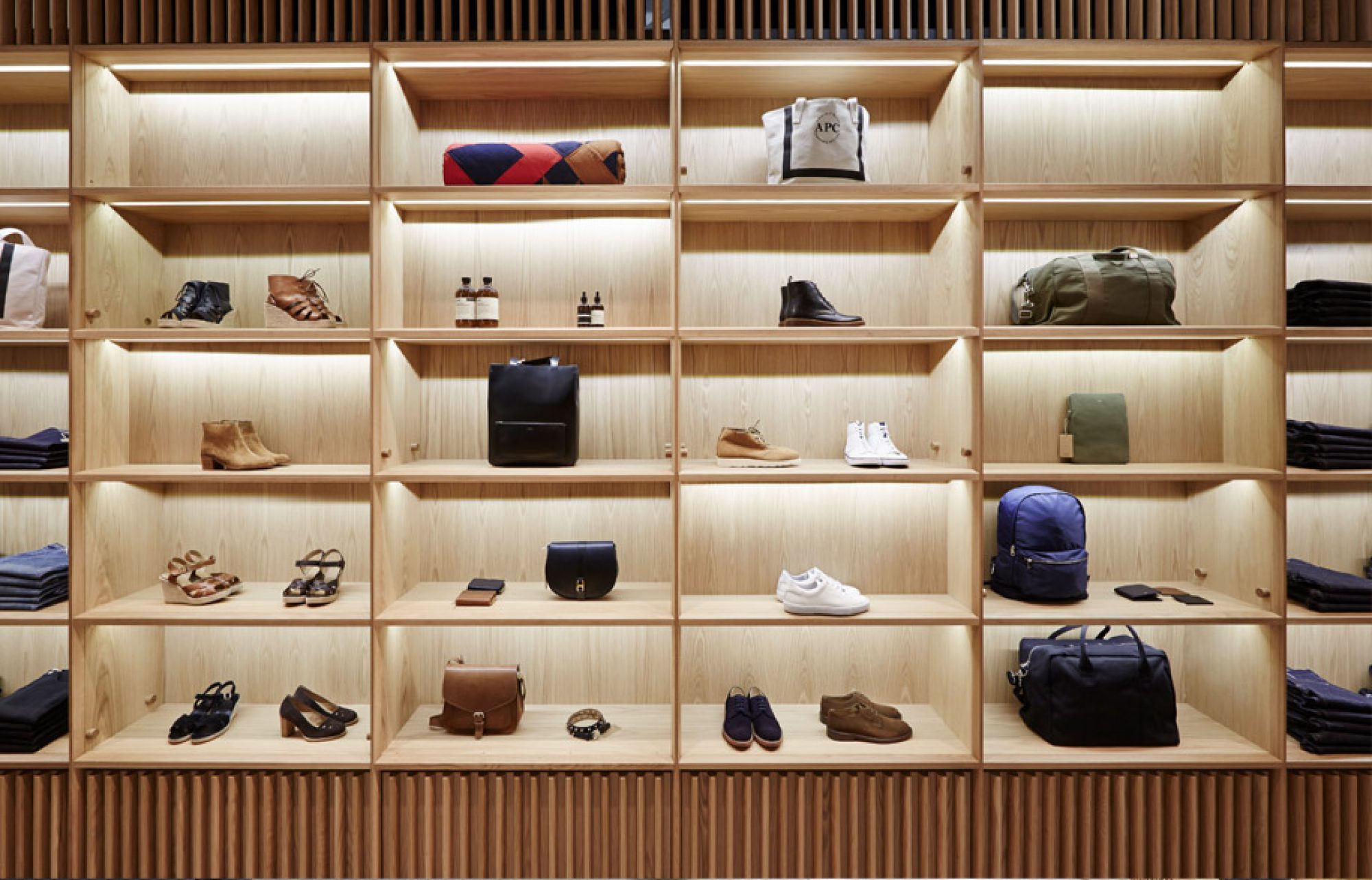Face to face interviews conducted with shoppers and staff in the retail environment help us to understand what’s in the hearts and minds of shoppers.
Shopper interviews can reveal gems of information that provide valuable insights into the way customers think and behave on a conscious level. Questioning shoppers in store, enables qualitative and quantitative research that yields robust statistical, demographic and segmented data.






